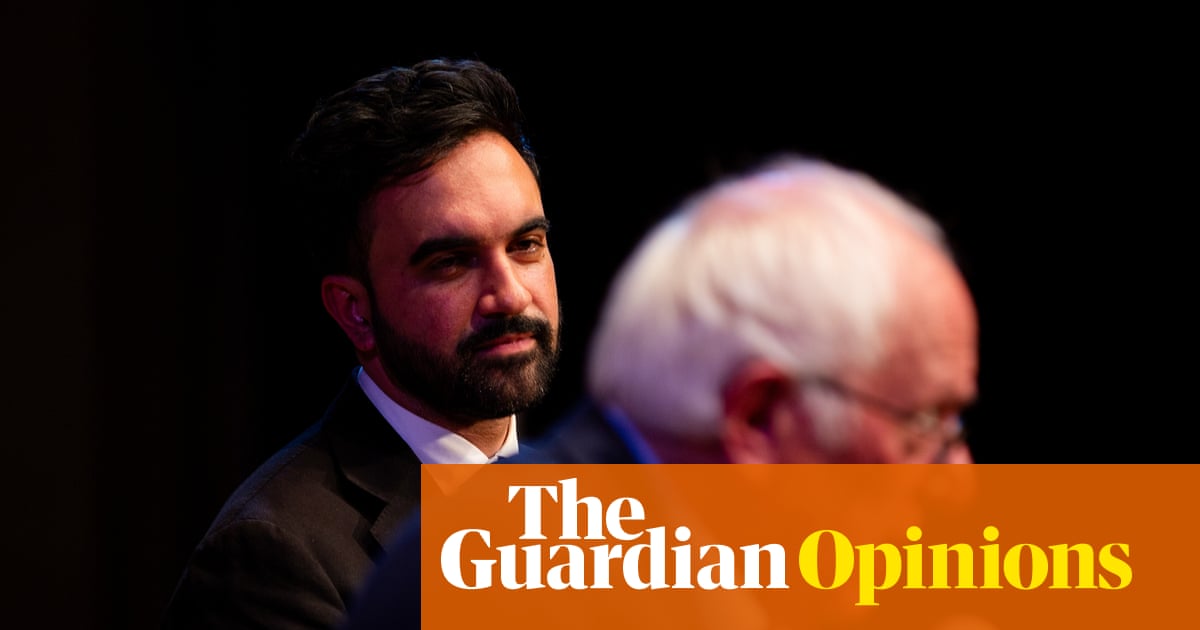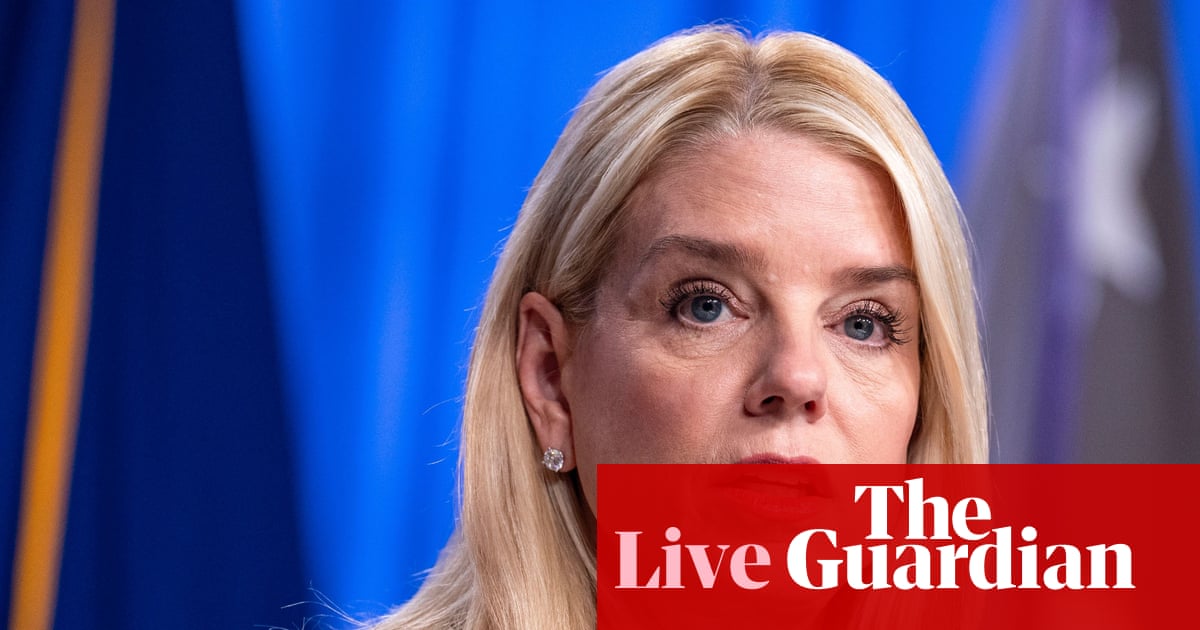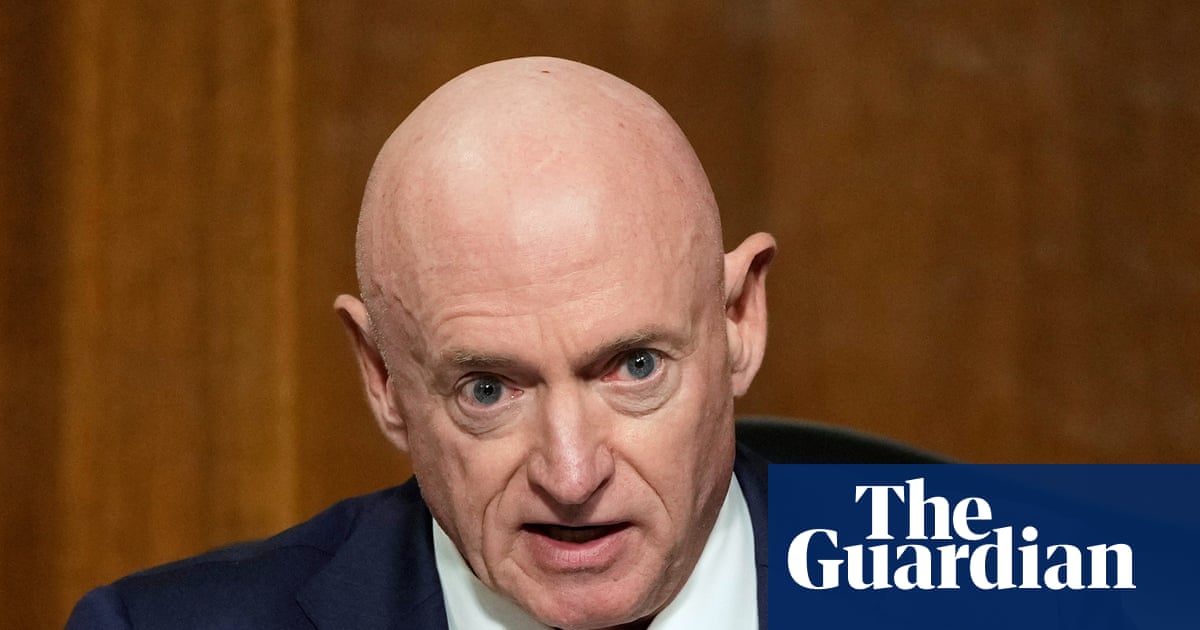More than two decades ago, the US railed against the “axis of evil”. Now, after international climate talks spluttered to a meagre conclusion, the US finds itself grouped with unflattering company – an “axis of obstruction” that has stymied progress on the climate crisis.
Donald Trump’s administration opted to not send anyone to the UN climate summit in Brazil that culminated over the weekend – a first for the US in 30 years of these annual gatherings and another representation of the president’s disdain for the climate crisis, which he has called a “hoax” and a “con job.”
But even without the administration touting “drill, baby, drill” at the grey conference center in Belem, near the mouth of the Amazon river, 194 other countries were unable to bring down the curtain on the era of coal, oil and gas. The words “fossil fuel” were not mentioned in the agreement text after fierce opposition led by Saudi Arabia, which has previously been cajoled by the US to take a more moderate line at climate talks.
Michael Jacobs, of the thinktank ODI Global and the University of Sheffield, said that the Cop30 summit revealed “an increasingly bitter conflict at the heart of global climate politics: between those who accept the scientific fact that to deal with climate change the world must wean itself off fossil fuels over the coming decades; and those who are actively resisting this in pursuit of their short-term energy interests”.
The US can now be considered in the latter group, along with Saudi Arabia, the UAE and Russia, according to Jacobs. “I think today we have witnessed what the three countries have agreed,” he said of Trump’s separate dealings with Saudi Arabia and Russia over the past week.
“Geopolitically, this is the creation of a new axis of obstruction – actively promoting fossil fuels and opposed to climate action.”
The US now finds itself ranged against a loose coalition of around 90 countries, including much of Europe, that demanded a roadmap to phase out fossil fuels – the root cause of the worsening climate crisis – in Belem.
This group will convene in a separate summit in Colombia in April to further this goal, amid impatience with the ponderous, consensus-driven UN framework on the climate crisis that barely held in place at Cop30.
“Even without the Trump administration there to bully and cajole, petrostates again shut down meaningful progress on a roadmap to phase out fossil fuels with necessary funding for poorer countries,” said Jean Su, energy justice director at the Center for Biological Diversity.
If a world of petrostates and “electrostates” is forming, the Trump administration is adamant the US remain in the first group. Over the course of Cop30, the administration busied itself with some stark counter-programming in the US – stripping protections from streams and wetlands, making it harder to prevent species from becoming extinct and ushering oil and gas drilling into more one billion acres of US waters.
This last measure includes new drilling in pristine areas of the Arctic and, in a sort of trollish move timed for California governor Gavin Newsom’s visit to Cop30, the prospect of oil rigs off the coast of California (Newsom has said this will happen “over my dead body.”)
“President Trump has been clear: he will not jeopardize our country’s economic and national security to pursue vague climate goals that are killing other countries,” said Taylor Rogers, a White House spokeswoman. “President Trump serves the American people, not radical climate activists who have fallen victim to the biggest scam of the century.”
But while Cop30 ended in frustration, there was still recognition from observers that the world is still moving away from the age of fossil fuels, with double the amount, globally, invested in renewables like wind and solar than traditional energy sources last year.
And while China didn’t fully step into the leadership vacuum in Belem, it is certainly leading as a clean energy superpower, even outstripping its antediluvian competitor – China is now making more money from exporting green technology than America earns from exporting fossil fuels.
Even in the US, there is little appetite for Trump’s climate revanchism. Two-thirds of American voters oppose the president’s decision to withdraw the US from the Paris climate agreement, while clear majorities want action to slash planet-heating emissions and are worried about the heatwaves, floods, storms and other climate-driven calamities that are pushing up insurance rates and harming Americans’ health.
If there is an axis of obstruction, it may be able to slow the transition down but is unlikely to halt it altogether. “The rest of the world is fed up with delay and denial,” as Al Gore, the former US vice president, put it in the wake of the Cop30 outcome.
“Ultimately, petrostates, the fossil-fuel industry, and their allies are losing power. Just as we have passed Peak Trump, I believe we have also passed Peak Petrostate. They may be able to veto diplomatic language, but they can’t veto real-world action.”

 German (DE)
German (DE)  English (US)
English (US)  Spanish (ES)
Spanish (ES)  French (FR)
French (FR)  Hindi (IN)
Hindi (IN)  Italian (IT)
Italian (IT)  Russian (RU)
Russian (RU)  2 hours ago
2 hours ago
























Comments